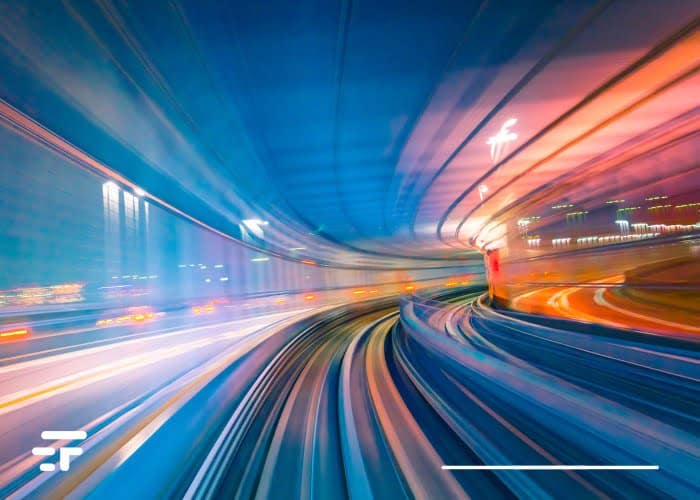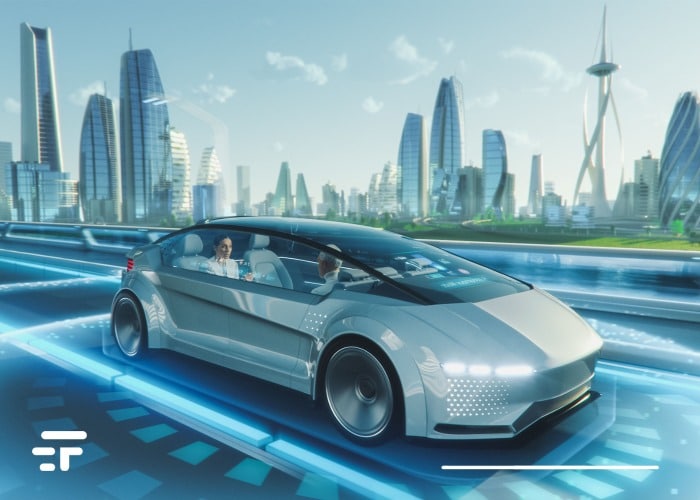What are the future changes we need to start preparing for? What does technology have in store for us? Let's take a peek at the thoughts and ideas of Devin Liddell, a futurist who hypothesized 3 great changes in the world and 3 immediately related answers.
This is what is likely (almost certainly, for Liddell) to happen:
- About 70% of the human population will live in cities by 2050;
- Climate change will change the appearance of cities, especially those located along the coast;
- Due to the phenomenon of border blur, the world of physical infrastructures will eventually merge with the digital one.
In light of these three major changes, greater adaptability and greater resilience need to be shown.
Men need to become more flexible, they need to prepare to face the future. Devin spoke about the illuminating effect of the pandemic, the consequences of the emergency on future changes. The new reality generated by the pandemic has changed people's needs and requirements from the next generation of transport infrastructure.
The three great changes ahead have one consequence: transport will not be the same

Modern digital technologies have already started to change the transport scenario, leading to the creation of increasingly complex mechanisms. Autonomous vehicles, artificial intelligence, drones, 3D printing, augmented reality; these are just some of the examples. The next step, the next step for the industry, will clearly be to decarbonise transport.
Fostering infrastructure that supports carbon-free options might be a start, but Devin has other examples as well:
- The first motorway with integrated charging for electric vehicles inaugurated in China four years ago;
- Indianapolis International Airport which hosts the largest airport solar park in the world;
- The trains of the Netherlands that they have been running on wind energy since 2017.
Among the future changes that await us, Devin also talks about intermodal mobility. L'artificial intelligence it will also pounce on the transport sector, creating inter-connected experiences in which more passengers can participate.
Shared bikes, cars, ferries: every means of transport will be part of an intermodal travel network, which will manage every moment for us.
Il future of mobility it is much more complex than expected. There are changes taking place that we need to prepare and get used to, so that we can learn to exploit them in the right way.
We wait to find out more, trying to figure out if Devin is really right about everything.


